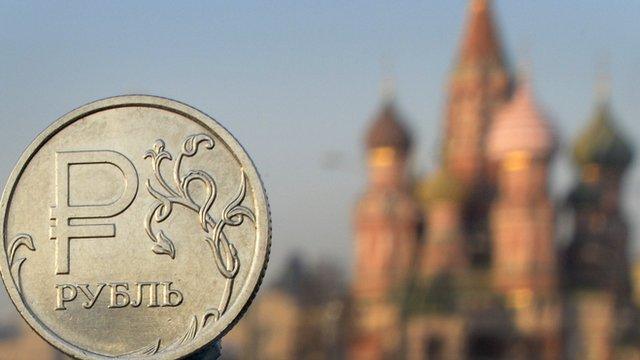Rouble suffers biggest one-day fall since 1998 as oil slides
- Published
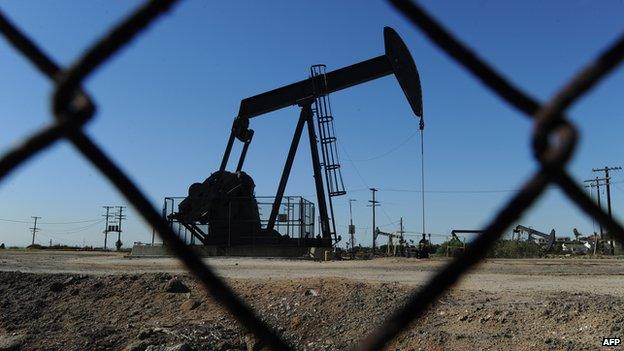
The price of oil has fallen by more than a third since the summer
The rouble suffered its biggest one-day decline since 1998 as oil prices continued to fall on Monday, escalating fears about the Russian economy.
The currency slid almost 9% against the dollar before rallying after suspected central bank intervention.
Russia is heavily dependent on revenues from oil exports, making its currency vulnerable to falling prices.
Brent crude hit $67.53 a barrel, the lowest it has been since October 2009, before regaining some ground.
It was just above $70 in late trading on Monday, while US crude was at $66.34 a barrel, having hit an intraday low of $63.72 - the lowest since July 2009.
Russia is the world's second-largest oil exporter, with oil and gas accounting for 70% of its exports and half of government revenues.
Oil prices have fallen by more than a third since the summer, while the rouble is down nearly 40% against the dollar since January.
The economy has also been hit by western sanctions imposed on Russia in retaliation for its annexation of Crimea, and support for separatists in parts of eastern Ukraine.
The currency regained some ground to be at 52 roubles against the dollar and 64 against the euro, still down some 4% for the day at the end of the main trading session in Moscow.
Traders said the afternoon rally pointed to intervention by Russia's central bank, which declined to comment. The central bank has not intervened in the foreign exchange market since 10 November, saying it would do so only if it considered the rouble's fall a threat to financial stability.
Ksenia Yudayeva, deputy chairman of the central bank, tried to reassure traders by saying there was sufficient liquidity in currency markets and that the bank had prepared new economic forecasts based on a price of $60 a barrel.
Laura Lambie, senior investment director at Investec Wealth & Investment, said the Kremlin may privately welcome a weaker rouble because it helped to counter lower oil prices.
Globex Bank senior trader Igor Zelentsov said in a note: "Support for the rouble at present can only come from stabilisation of the oil price. Other factors now look secondary and of little significance."
Opec maintains output
The latest falls in the oil price follows Opec's decision last week not to cut output and leave its production target at 30 million barrels a day.
Saudi Arabia, the cartel's biggest producer, said on Monday that it was content with the decision to maintain output despite a supply glut and plunging prices.
Amrita Sen, Energy Aspects' chief oil analyst, said: "The market is still very much in panic mode. Once we get over the panic, Brent prices will probably stabilise at around $65 to $80 a barrel in the short term."
Eugen Weinberg, a Commerzbank analyst, said: "The market is still looking for a new equilibrium below $70 [a barrel], which is a little surprising given that with the current prices much of the shale oil production in the US, or part of it, will be unprofitable."
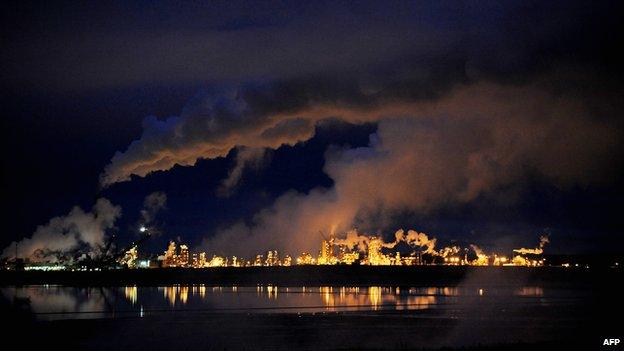
New sources of oil, such as oil sands in Canada and shale oil in the US, have helped increase global supply and reduce prices
Malaysia's oil-dependent ringgit also suffered heavy losses, while the yen hit a seven-year low against the dollar and Nigeria's naira was down 2% to a new record low against the greenback.
China slows
The slide in oil prices was compounded by China's factory activity slowing by more than expected in November, with the official purchasing managers' index (PMI) dipping to 50.3 in November from October's 50.8, closer to the 50 point mark that separates growth from contraction.
The fears of declining demand from China also sent copper prices to their lowest level in four-and-a-half years in London and hit shares in mining companies.
Neil Williams, chief economist at fund manager Hermes in London, said: "Over-optimistic global growth forecasts have been pared back, and probably rightly so, and also China has come back on to the radar. And that of course has become a big driver for a lot of commodity prices."
Adding to the gloom were figures showing that eurozone manufacturing growth stalled in November as new orders fell at the fastest pace in 19 months, despite heavy price cutting.
The final PMI reading for the manufacturing sector in November came in at 50.1, the lowest number since June 2013.
Chris Williamson, chief economist at survey compiler Markit, said: "The situation in euro area manufacturing is worse than previously thought... there is a risk that renewed rot is spreading across the region from the core."
Meanwhile, Moody's downgraded its credit rating for Japan on Monday, citing "rising uncertainty" over the country's debt situation and prime minister Shinzo Abe's faltering efforts to boost growth, with an election a fortnight away.
The ratings agency cut Japan's rating by one notch to A1 from Aa3, after the economy sank into recession during the third quarter.
- Published2 December 2014
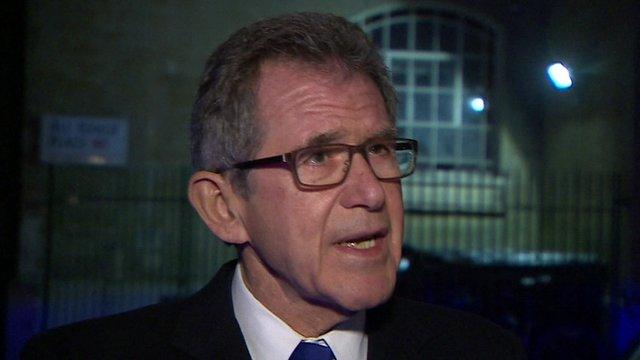
- Published1 December 2014
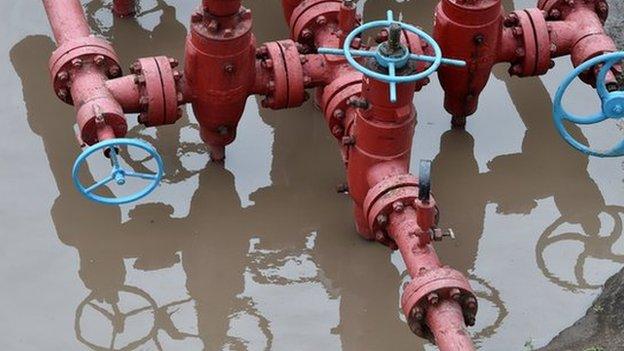
- Published1 December 2014
- Published28 November 2014
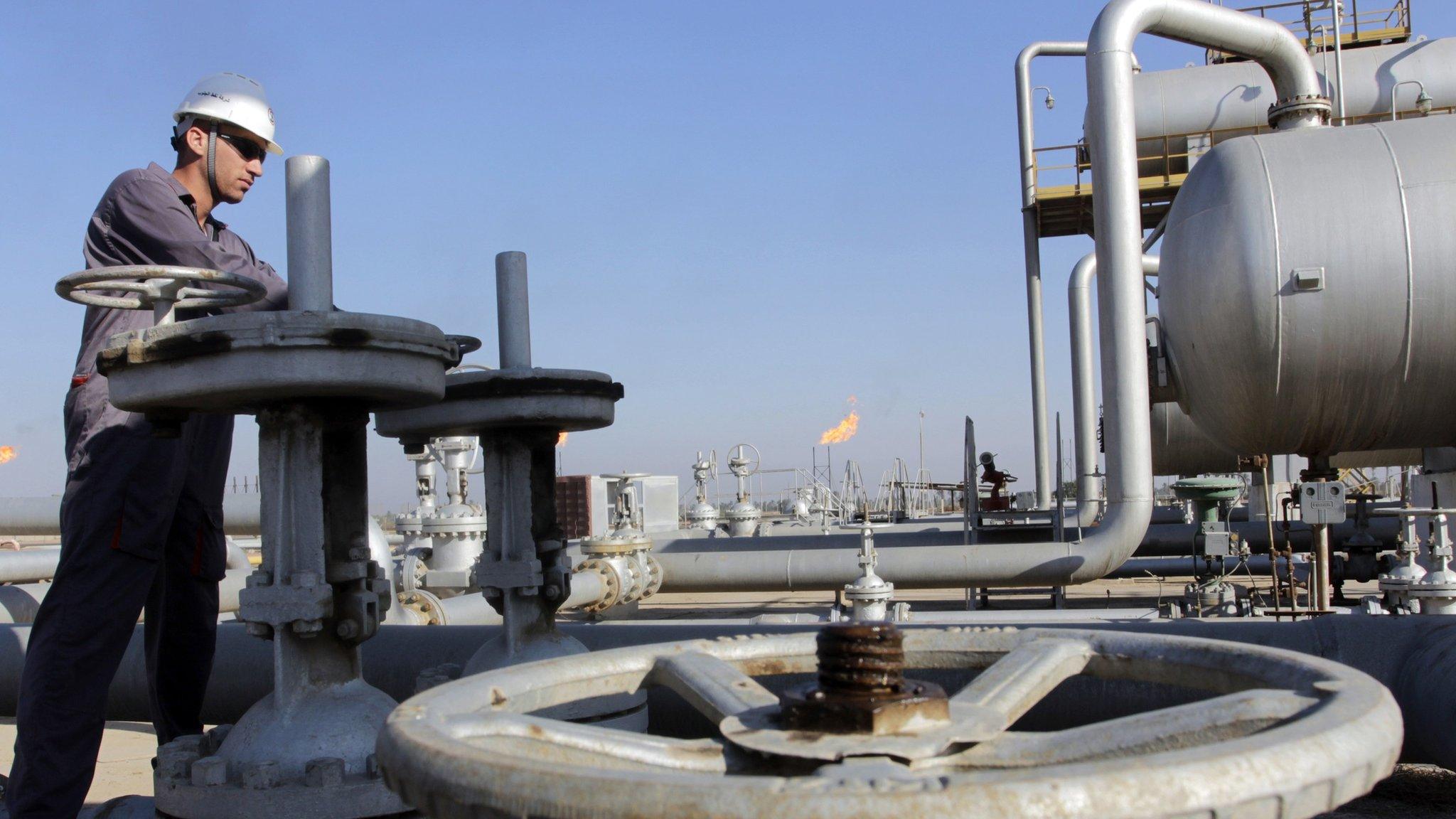
- Published24 November 2014
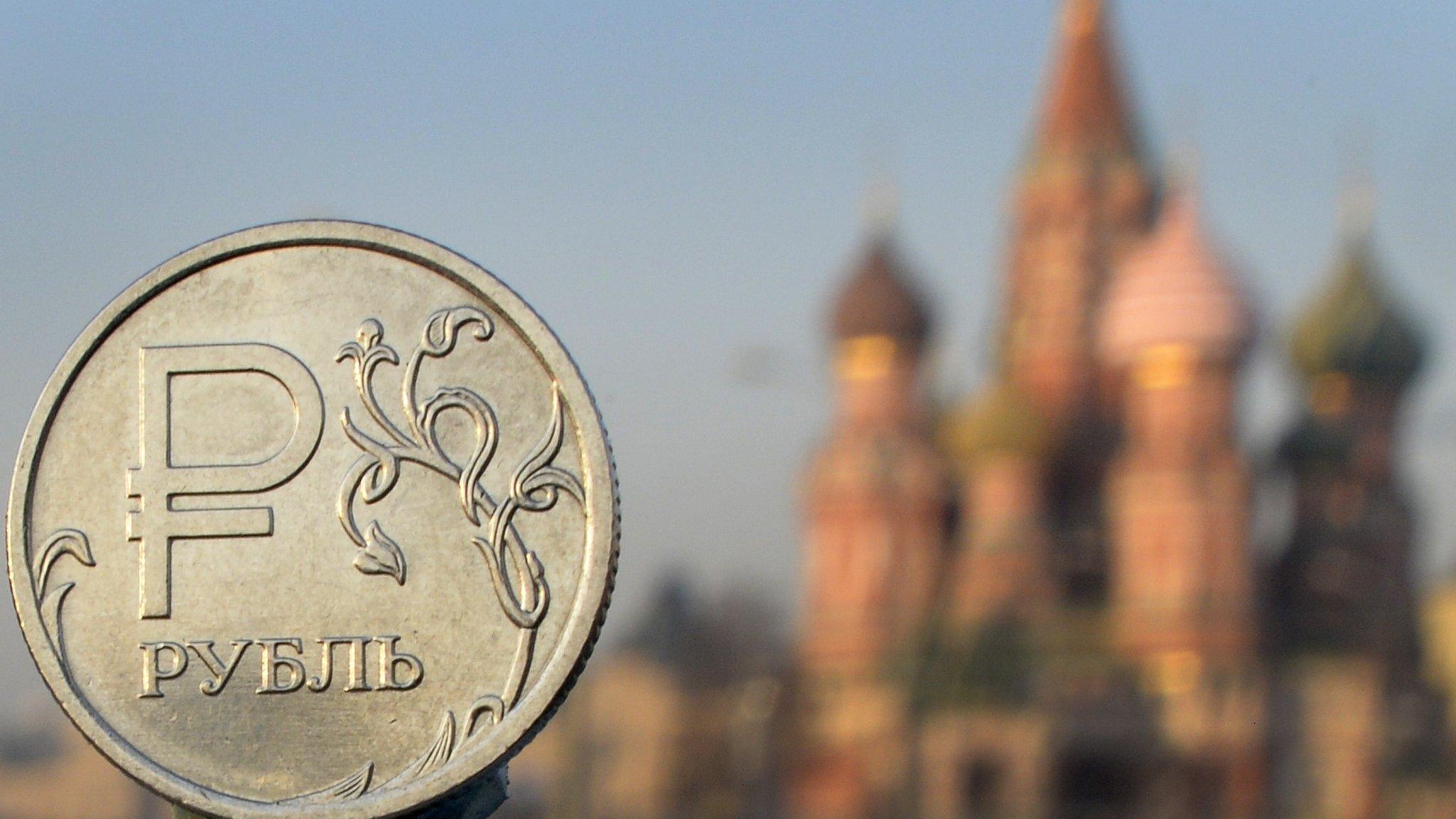
- Published24 November 2014
